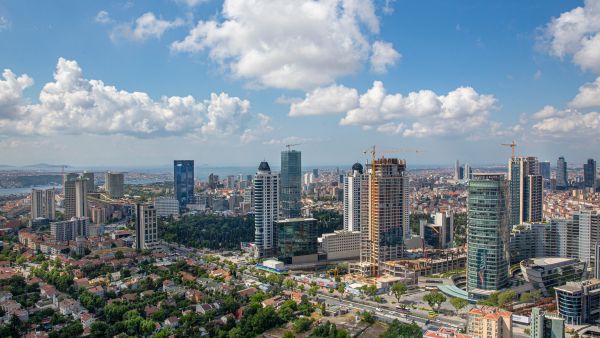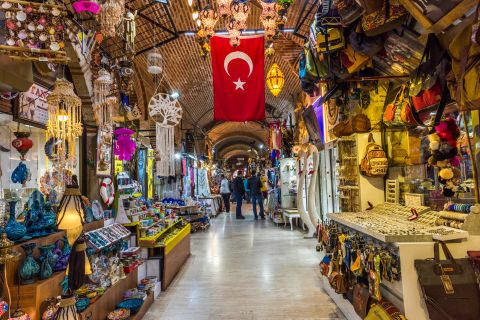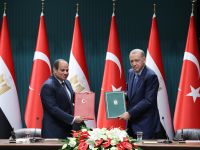ALBAWABA - The economic ties between Turkiye and the Arab world continue to expand on all fronts, with intra-Arab commerce valued at $55 billion according to Dr. Khaled Hanafi, the secretary-general of the Union of Arab Chambers, with a 10 percent annual increase of exported Turkish goods as reported by Arab News, with growing Arab investments in Turkiye during the last few years.
During the Arab and Turkish Chambers’ fifth meeting, held in Egypt with several chiefs of trade and business figures from Turkiye and the Arab world attending the event, The president of the Bahrain Chamber of Commerce and the Union of Arab Chambers, Sameer Abdulla Nass, emphasized the need of opening up the Arab economy on a regional and global scale.
Nass highlighted the significance of obtaining the best possible outcomes from trade agreements attained by Arab nations in order to increase exports and strengthen their capacity. By doing so, he explained, it would be possible to eliminate all obstacles and limitations to international trade and draw in foreign investment, which would help to open up opportunities for collaborations that serve the interests of all involved. He also noted the necessity of such gatherings and conferences for strengthening Arab-Turkish relations.
As of September last year, Arab Business reported that Saudi Arabia and Turkiye’s commerce reached $6 billion, up 33% from 2021, with both nations seeking prospects for more cooperation and partnerships. At the Saudi-Turkish Business Forum in Riyadh, Abdulaziz Al-Sakran, Deputy Governor of the General Authority of Foreign Trade for International Relations, stressed the importance of ongoing trade missions to strengthen commercial relations.
On the other hand, Egypt's Minister of Trade and Industry, Ahmed Samir, underlined the necessity of Arab and Turkish businesses benefitting from political links, adding that these collaborations aim to improve economic cooperation in joint manufacturing, intra-trade, transportation and logistics, and food security. He also advised the Arab and Turkish chambers to take advantage of Egypt's Suez Canal axis, golden license, and state ownership policy.









